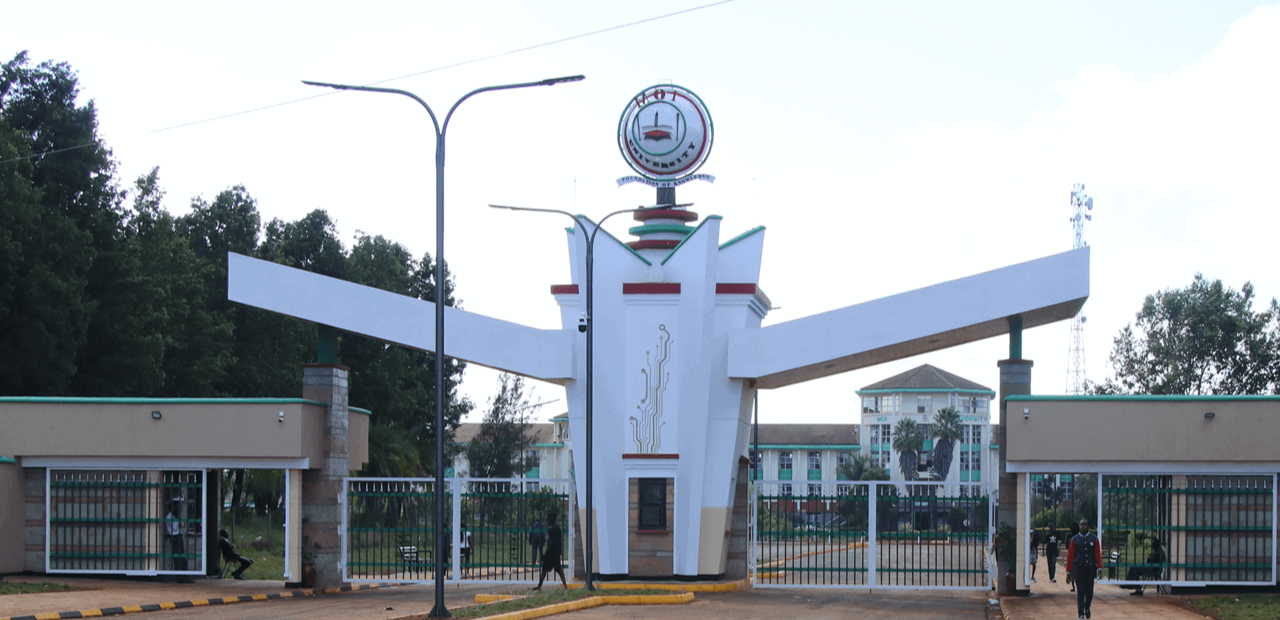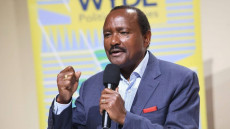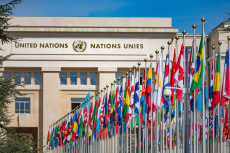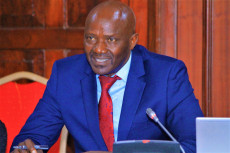- The Ministry of Education's involvement in crisis talks is essential, yet it must lead to actionable solutions rather than temporary fixes.
The ongoing crisis at Moi University highlights a troubling trend in Kenya's higher education system: the persistent neglect of faculty and staff welfare. The recent decision to recall students while lecturers remain on strike represents a misguided attempt to restore normalcy, risking further tensions as students return to empty classrooms.
The university's closure on October 3, 2024, due to student unrest sparked by a prolonged strike over unpaid salaries and poor working conditions, underscores the urgent need for systemic change.
Education Cabinet Secretary Julius Ogamba has acknowledged the necessity for financial bailouts but emphasizes that long-term solutions require robust reforms in governance and financial management at the university.
The Ministry of Education's involvement in crisis talks is essential, yet it must lead to actionable solutions rather than temporary fixes. The situation reflects a broader systemic failure in addressing educators' needs. Faculty members are pivotal to the educational experience, and their demands for timely salary payments and adherence to collective bargaining agreements should not be sidelined.
The university's wage bill now consumes a staggering 88% of its total revenue, highlighting the urgent need for fiscal reform. This financial strain has been exacerbated by the expansion of public universities in Kenya since the early 1990s, which has diluted resources across multiple institutions.
Read More
As noted by National Assembly Education Committee Chairman Julius Melly, Moi University has lost critical infrastructure and financial resources while trying to accommodate an increasing number of students. The once-thriving institution now faces significant challenges that threaten its very existence.
The repercussions of this crisis extend beyond faculty dissatisfaction; they significantly affect students who are left without access to education. Many students have expressed frustration over wasted time and resources, having paid full tuition fees yet finding themselves unable to attend classes due to faculty strikes.
The protests that erupted during the university's closure were fueled by anger over these conditions, with students demanding immediate action from both university management and government officials. The chaotic scenes on campus during demonstrations have not only disrupted academic activities but have also tarnished the institution's reputation as a center for higher learning.
Moreover, the ongoing strike has led to confrontations between students and police during demonstrations, further escalating tensions. Students have voiced their anger over the situation, feeling abandoned and uncertain about their academic futures. Many have paid rent and tuition fees but find themselves unable to access their education due to the ongoing industrial action.
In response to the crisis, the government is exploring various avenues for intervention. Plans include forming a caretaker committee comprising representatives from the National Treasury, National Assembly, and local political leadership to oversee the university’s recovery.
This committee is expected to address governance issues and ensure efficient management during this critical period. However, any proposed solutions must prioritize faculty welfare as an integral part of restoring stability at Moi University.
Without addressing the root causes of discontent among educators—such as delayed salaries and poor working conditions—the likelihood of future strikes remains high. The government must also consider implementing sustainable financial models that allow for fair compensation while ensuring that educational standards are maintained.
Additionally, there is an urgent need for transparency in how funds are allocated within the university system to prevent mismanagement and ensure that resources directly benefit both faculty and students.
As stakeholders convene, they must recognize that a thriving academic environment relies on the well-being of its educators. Only through genuine dialogue and commitment to reform can Moi University hope to emerge from this crisis stronger and more resilient. The time for superficial solutions has passed; comprehensive changes are necessary to ensure the institution's survival and success.
Moi University's current predicament serves as a cautionary tale for other institutions facing similar challenges. It is imperative that all parties involved—government officials, university management, faculty members, and students—work collaboratively towards a sustainable future. By prioritizing faculty welfare and addressing systemic issues within Kenya's higher education framework, we can foster an environment conducive to learning and growth for all stakeholders involved.
The government’s recent acknowledgment of these challenges is a positive step forward; however, it must translate into concrete actions that address both immediate needs and long-term sustainability. As we look ahead, it is crucial that reforms not only alleviate current tensions but also lay a foundation for a more equitable educational landscape in Kenya—one where both faculty and students can thrive together.
James Kilonzo Bwire is a Media and Communication Practitioner.












